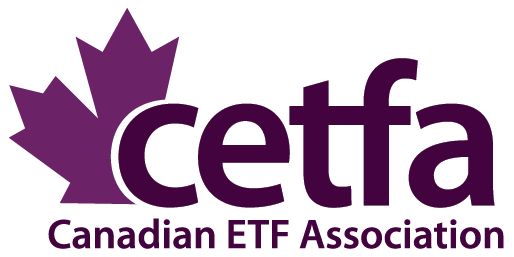Communication Skills at a Vital Time
December 16, 2013 | Smarten Up Institute
Advisors with clients with portfolios holding American assets might have trouble viewing the craziness in Washington during the recent partial government shutdown as an educational opportunity.
Sixteen days of uncertainty ended when President Barack Obama signed a bill to end the government shutdown and raise the debt ceiling. When resolution seemed less hopeful stock markets fell with heart-stopping speed and when the settlement crystallized, the same markets shot up, setting some records.
Seeing all of that as an educational opportunity might feel like a quite a stretch and I can almost see some arched eyebrows from readers. However given the government-by-crisis situation that pervades Washington the next uproar always seems merely months away. The possibility of a repeat performance of the bipartisan circus early in 2014 makes it important to explore advisor solutions. The legislation passed in October only funds the government until mid-January and its borrowing authority until early February leaving open the possibility of a repeat of the events of October and therefore another round of worried telephone calls from clients.
During the shutdown investors advisors reported worried telephone calls from clients and having to persuade them against snap decisions about liquidating these American holdings.
Apart from taking those calls, an advisor’s responsibilities for keeping clients informed arguably increase when portfolios include exposure to the American economy or to any other international uncertainty. Dealing with that effectively can mean increasing his or her role as a source of ‘sane’ information by sharpening communication skills. An ineffective delivery of a message of reassurance such as the underlying and very real fundamentals of the American market may not resolve the panicky telephone call or email.
That in turn might point to upgrading of grasp of social media and internet tools and the regulations involving them. It has arguably never been more important than in the heat of these moments to master effective communication skills in all media platforms both with colleagues and clients to ensure they know and understand the advisor’s perspective. Failure to deliver reassurance and context can mean that clients do not know the advisor’s view – which in most case will include staying the course. Upgrading of communication skills will go a long way to increasing the value of the ‘advice’ in advisor.
The second part of the equation is the content delivered through the heightened mastery of communications skills and that includes at least four investing principles that have not changed.
Canada has a relatively small number of publicly traded investment categories, a factor that makes true diversification difficult but analysis easier than in other markets. Natural resources stocks including oil and gas, forestry and mining account for approximately 36% of total capitalization on the Toronto Stock Exchange while financials account for 24% of capitalization. In absolute terms, getting true diversification makes it necessary to look abroad. That means that ditching American holdings in the heat of the moment can bring an opportunity cost.
Adding holdings in American multinational corporations that derive large portions of their revenues from outside the United States indirectly reduces exposure to the American economy. Glenview Illinois-based Mead Johnson only earns roughly one-third of its revenues from the United States with the remainder from approximately 50 countries. Louisville Kentucky-based Yum! Brands derives only about one-quarter of its revenues from the American market. **
These principles include setting aside the temptation to try market timing, according to Jay Nash, Investment Advisor and Portfolio Manager at National Bank Financial in London Ontario and a 16-year veteran of financial planning, Nash agrees that there are risks to investing in the United States but argues that issues will usually pass and that investors are better off not trying to position around the outcome. Focusing on short term events tends to be detrimental to portfolio performance and politics generally has little to do with macro economics, Nash argued in an email analysis provided to SUI.
Being informed about political developments is obviously desirable but last night’s newscast is not a source of investment guidance and can be tuned out when making investment decisions. “It may seem like a good idea to attempt to capture short term movements by buying or selling quickly,” Nash explained. However quite often reacting to events such as a drop in the American market when Congress was deadlocked leads to being underinvested in the kind of sharp market upswing that occurred when President Obama signed the deal that led to reopening of the government.
Communicating the theory and practice of asset allocation becomes even more important than always during times of crisis. Nash suggests being prepared for a 5-10% market pullback and viewing such a pullback as a buying opportunity. If the investor’s asset allocation should be 90% equity, it can be slowly dropped to 80% as markets go higher, a move that Nash says may not be easy since rising markets usually mean increasing the equity weighting.
Making the adjustment provides the opportunity to invest when markets fall. The 5-10% proportion only provides a baseline threshold, Nash explained, adding that someone drawing down on assets for retirement expenses might need a different threshold.
The trick in January – or at any other time of market crisis –is to combine improved communication skills with tried and true financial planning concepts.
** The writer has no holdings in either of these companies.






Follow SUI